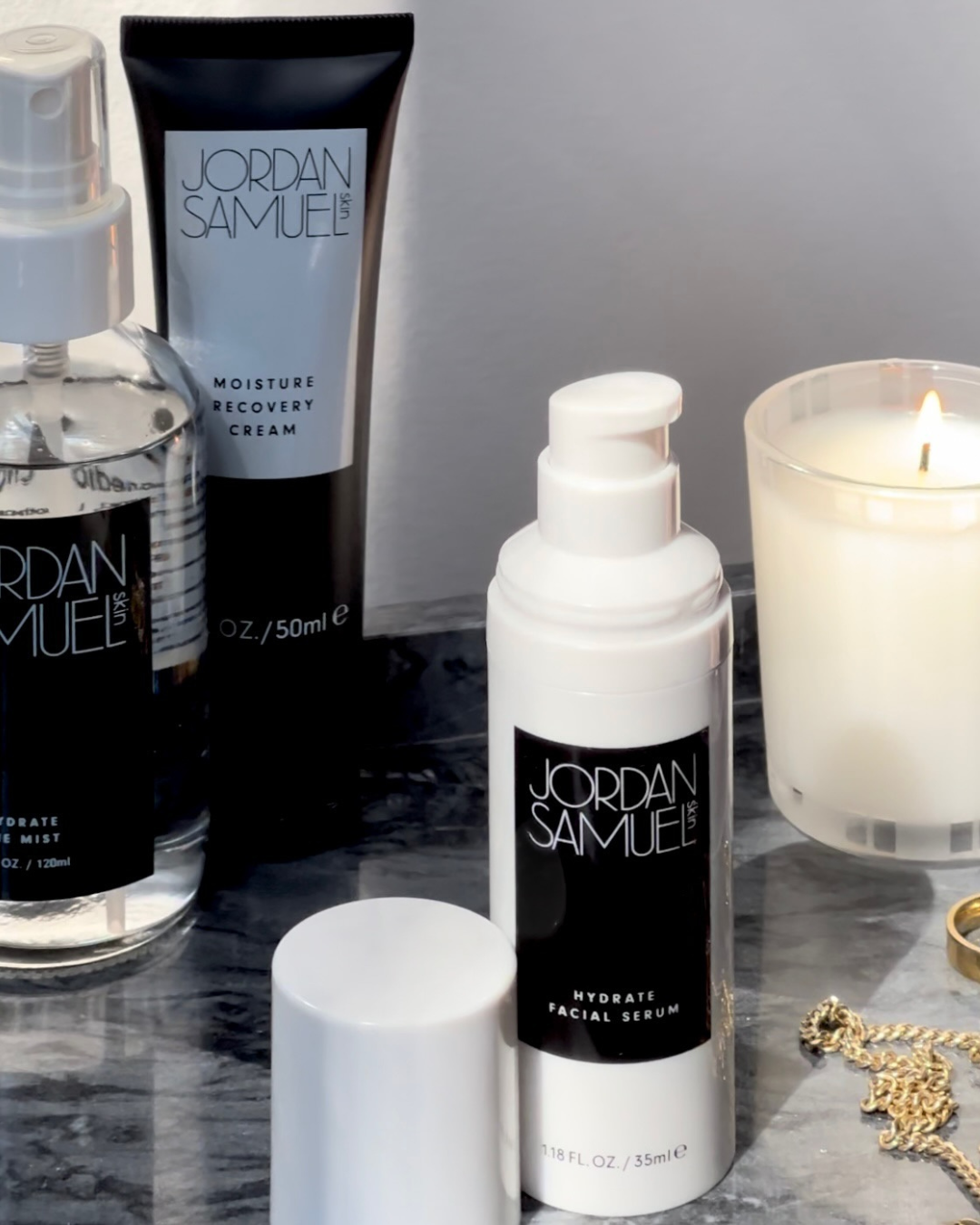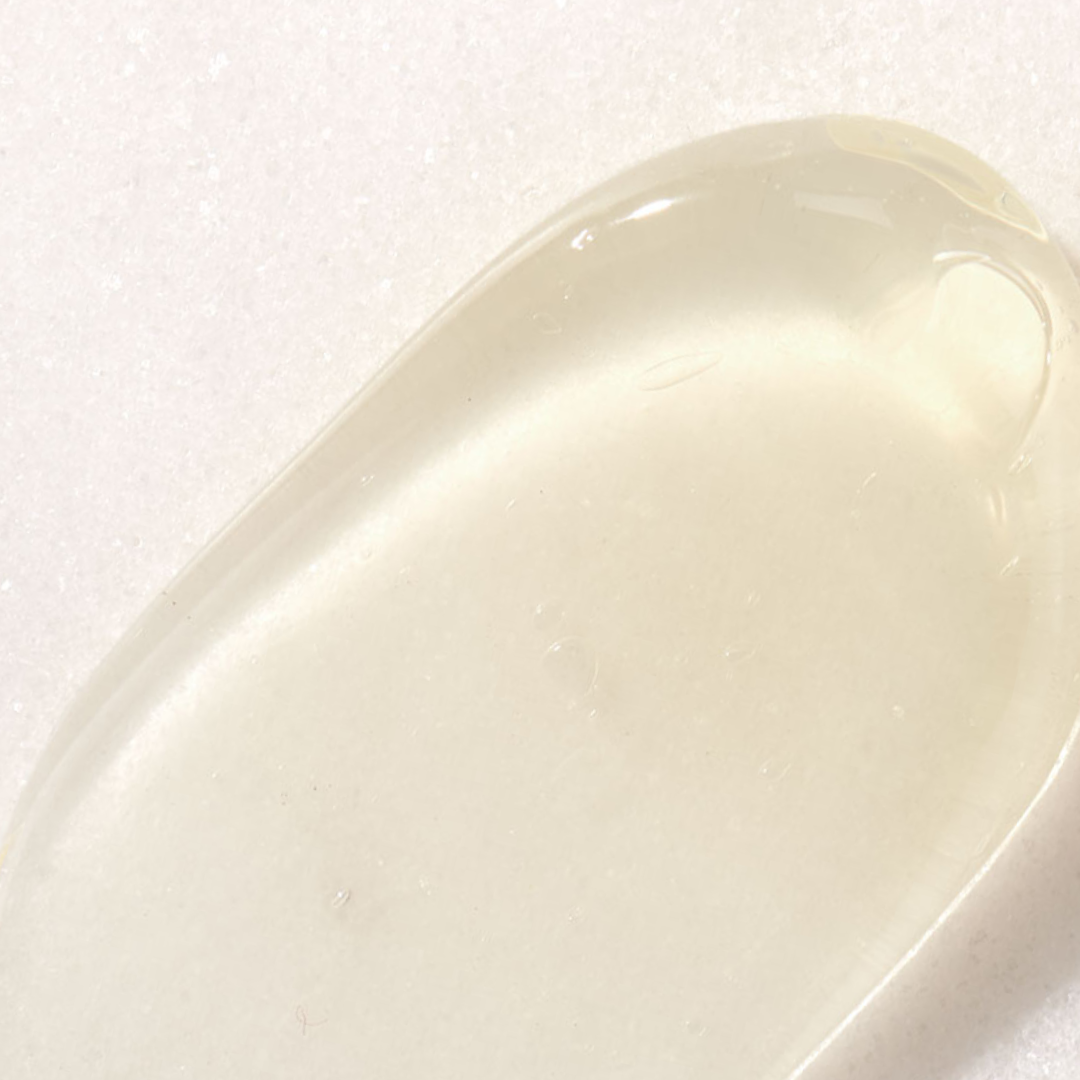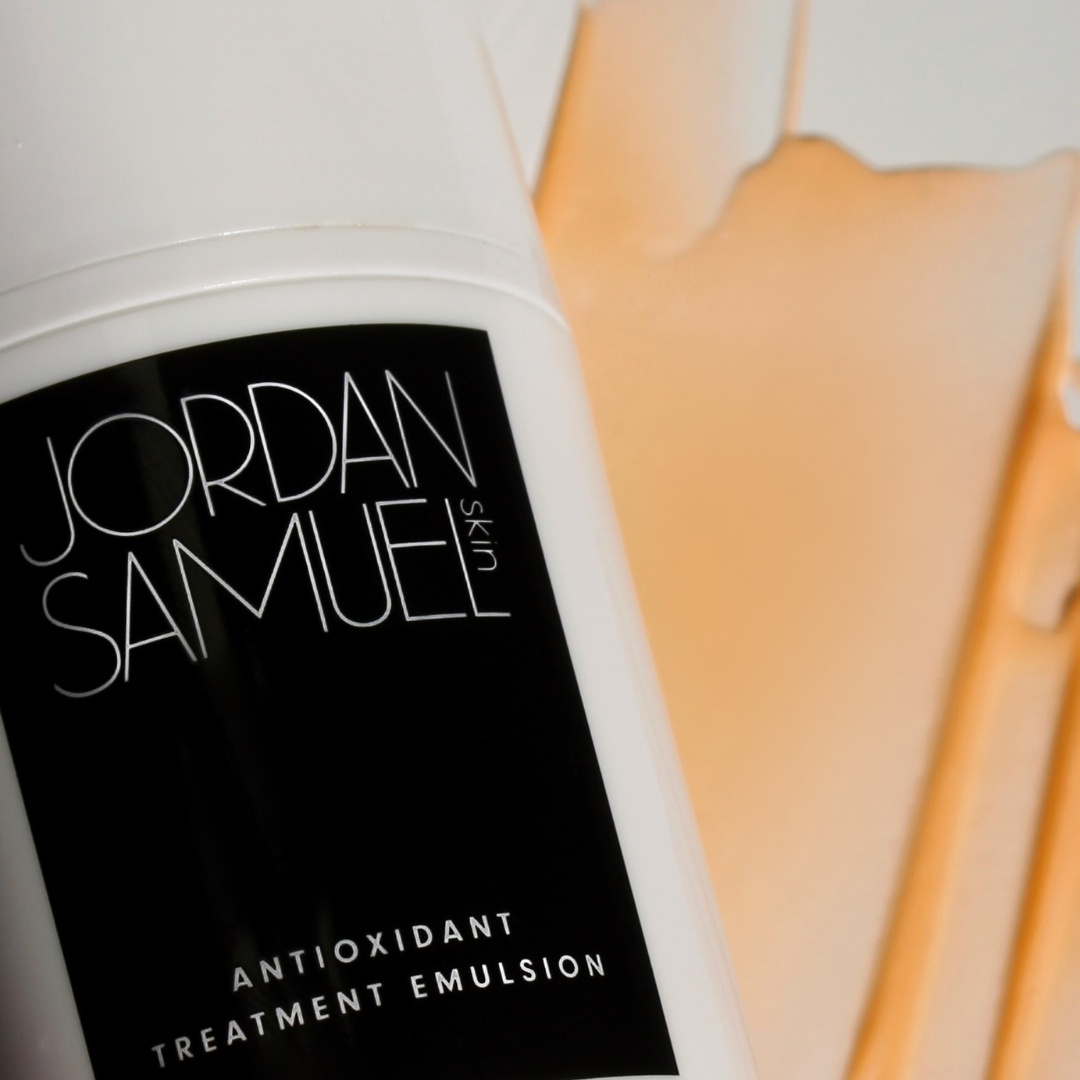You are what you eat, as the old adage says. I’ve previously talked about the effect of diet and supplements on skin, but only in terms of results. The process of how nutrients make their way to your skin is important, too. When you understand the conduits from stomach to skin, you gain a new appreciation for food and can look at supplement marketing with a more critical eye. At the end of the day, it’s all about making informed decisions for your skin and well-being!
Good Fats for Glowing Skin
Dietary fats play a crucial role in your skin’s health. They provide the fatty acids that do everything from comprising skin’s cell walls to making ceramides for natural skin moisture and protection. Moreover, your body doesn’t produce these fats on its own—you can only get essential fatty acids like omega-3 and omega-6 from the foods you eat. But how does omega-3 get from the foods you eat to your skin cells?
The short answer is blood circulation. All of our bodily systems are interconnected, and the journey from food to skin goes through digestion, lymphatic pathways (which also support skin health; you can read about it here) and eventually concludes in the circulatory system. Blood carries oxygen, fats, and other nutrients to the cells through capillaries. A holistic approach to skincare puts all of these systems in concert with one another—you can eat a diet rich in skin-loving fats like olive oil and avocados, then practice lymphatic drainage massage to circulate your lymph, and add facial massage to increase capillary blood flow and bathe your skin cells in nutrients.
Sensitivity and Dietary Triggers
The human body is an amazing piece of engineering, and skin is just an external part of a deeply interconnected system. All that interconnectivity can be a double-edged sword. Some foods will leave your skin suffering the consequences. If you have sensitive skin or skin conditions like rosacea, you may notice that foods are a major trigger for redness. Common triggers include spicy foods and alcohol. Both of these work by dilating your blood vessels, causing more blood to rush to the surface of your skin and making you flush. Alcohols like wine, beer, and some liquor also contain histamine, which adds inflammation on top of already-reddened skin.
This doesn’t mean you need to quit having fun to achieve your glow. For me, enjoying a glass of wine is vital to my quality of life. Simply knowing about the interconnection helps me be more mindful about my diet and encourages me to practice moderation.
Collagen Supplements
Earlier this week, I discussed collagen’s role as an ingredient and a structural component of skin. The gist is this: putting collagen on your skin doesn’t increase your own collagen stores. You can’t absorb more collagen from the outside. But what about the inside? The influx in collagen powders, pills, and ready-made beverages would have us believe that plump, youthful skin is only a supplement away. Unfortunately, the reality of collagen production doesn’t back up any of those claims. Collagen has a large molecular size. When consumed, it’s broken down into its constituent amino acids. There’s no way for a whole collagen molecule to make its way to your skin intact. Some supplement manufacturers admit to this, and instead opt for collagen peptides—that’s collagen which has been partially broken down already. Some claim that collagen peptides have better bioavailability and are more readily absorbed. Unfortunately, research doesn’t back any of this up. Taking collagen won’t do anything that a balanced diet can’t achieve on its own.
So, what’s the key to collagen synthesis? All you need are amino acids and vitamin C. Eating protein-rich foods for amino acids along with fruits and vegetables will provide all the components your body needs to make collagen. Since collagen production slows as we get older, you should also focus on preserving what you have. It should come as no surprise that UV exposure remains the biggest contributor to collagen breakdown. Just wear a daily SPF and you’re good to go!
XO,
Jordan




